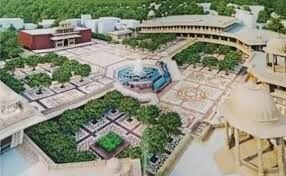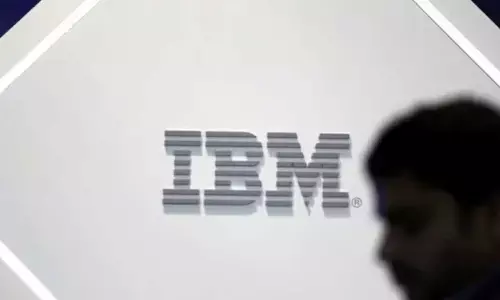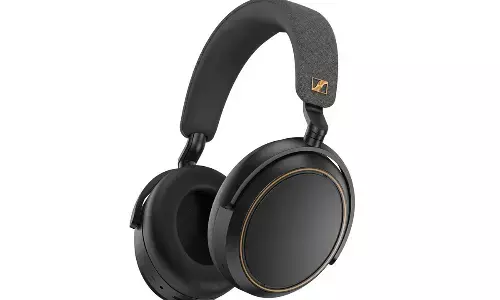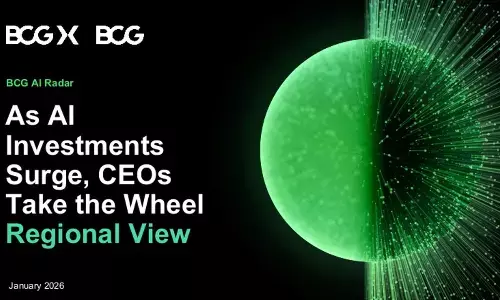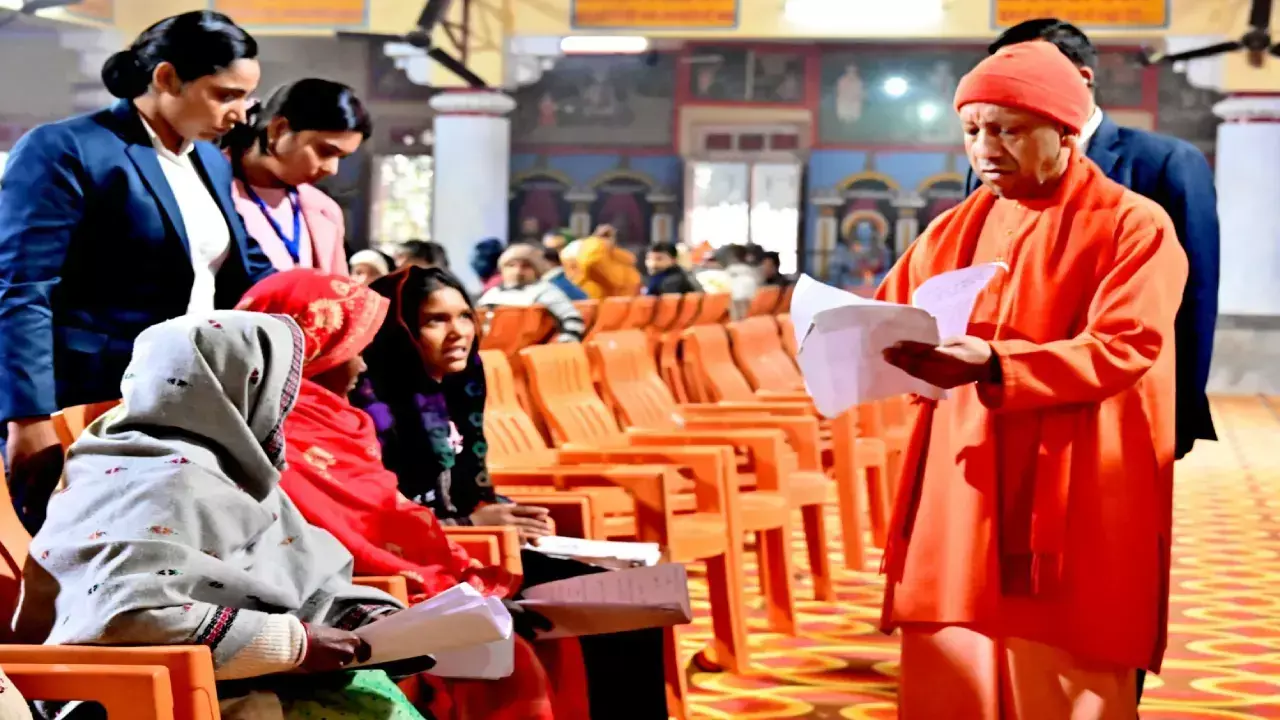New stem cell-based therapy can repair damaged heart, improve function
Share :
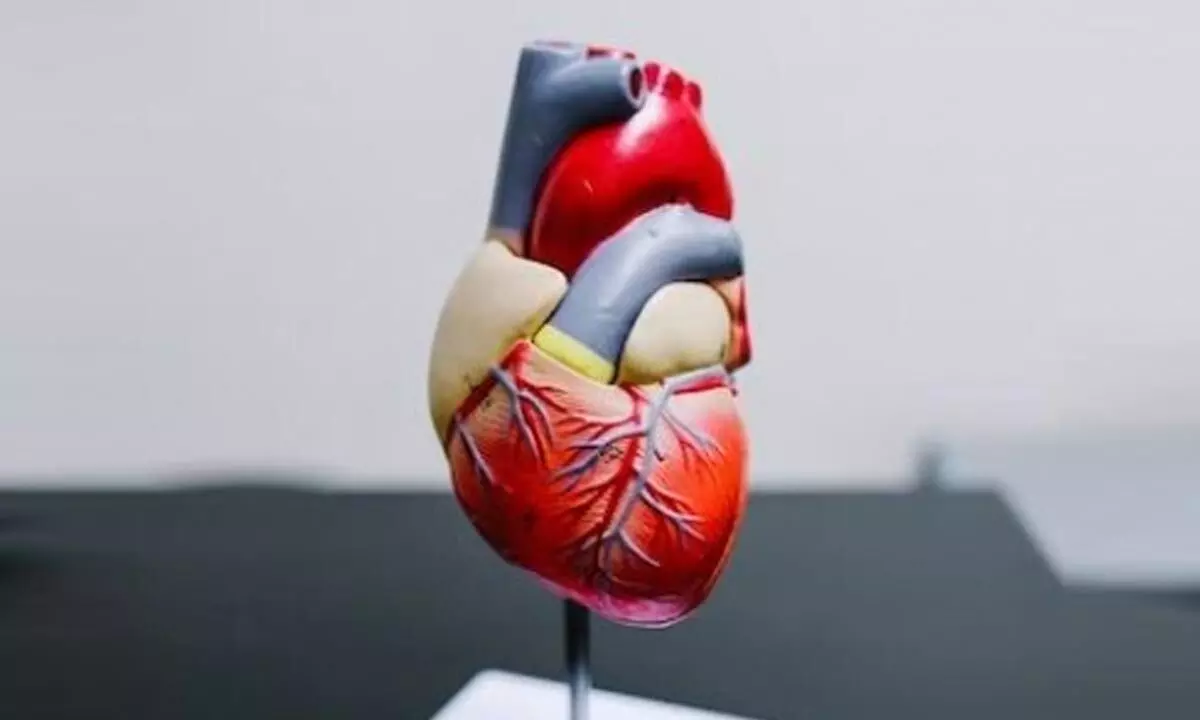
Chronic exposure to lead, cadmium & arsenic raises heart disease risk
A breakthrough stem cell therapy, has shown that these stem cells, when transplanted into an injured heart, have the ability to repair damaged tissue and improve heart function, as per results of preclinical trials.
Singapore: A breakthrough stem cell therapy, has shown that these stem cells, when transplanted into an injured heart, have the ability to repair damaged tissue and improve heart function, as per results of preclinical trials.
The most common cause of death worldwide is ischemic heart disease, which is caused by diminished blood flow to the heart.
When blood flow to the heart is blocked, the heart muscle cells die -- a condition termed myocardial infarction or heart attack.
In this study, published in the journal npj Regenerative Medicine, a unique new protocol was used where pluripotent, or immature, stem cells were cultivated in the laboratory to grow into heart muscle precursor cells, which can develop into various types of heart cells.
This is done through cell differentiation, a process by which dividing cells gain specialised functions.
During preclinical trials, the precursor cells were injected into the area of the heart damaged by myocardial infarction, where they were able to grow into new heart muscle cells, restoring damaged tissue and improving heart function.
"As early as four weeks after the injection, there was rapid engraftment, which means the body is accepting the transplanted stem cells," said Dr. Lynn Yap, who led the research while as Assistant Professor at Duke-NUS' University, Singapore.
"We also observed the growth of new heart tissue and an increase in functional development, suggesting that our protocol has the potential to be developed into an effective and safe means for cell therapy," added Yap, who is now an Assistant Professor at Lee Kong Chian School of Medicine, Nanyang Technological University, Singapore.
In previous studies, the transplantation of heart muscle cells that were already beating, brought about fatal side effects -- namely, ventricular arrhythmia -- abnormal heart beats that can limit or stop the heart from supplying blood to the body.
The new procedure developed by Duke-NUS researchers involves transplanting non-beating heart cells into the damaged heart. After the transplantation, the cells expanded and acquired the rhythm of the rest of the heart.
With this procedure, the incidence of arrhythmia was cut by half. Even when the condition was detected, most episodes were temporary and self-resolved in around 30 days.
In addition, the transplanted cells did not trigger tumour formation -- another common concern when it comes to stem cell therapies.
"Our technology brings us a step closer to offering a new treatment for heart failure patients, who would otherwise live with diseased hearts and have slim chances of recovery," said Professor Karl Tryggvason from Duke-NUS.
"It will also have a major impact in the field of regenerative cardiology, by offering a tried-and-tested protocol that can restore damaged heart muscles while reducing the risk of adverse side effects," he added.








